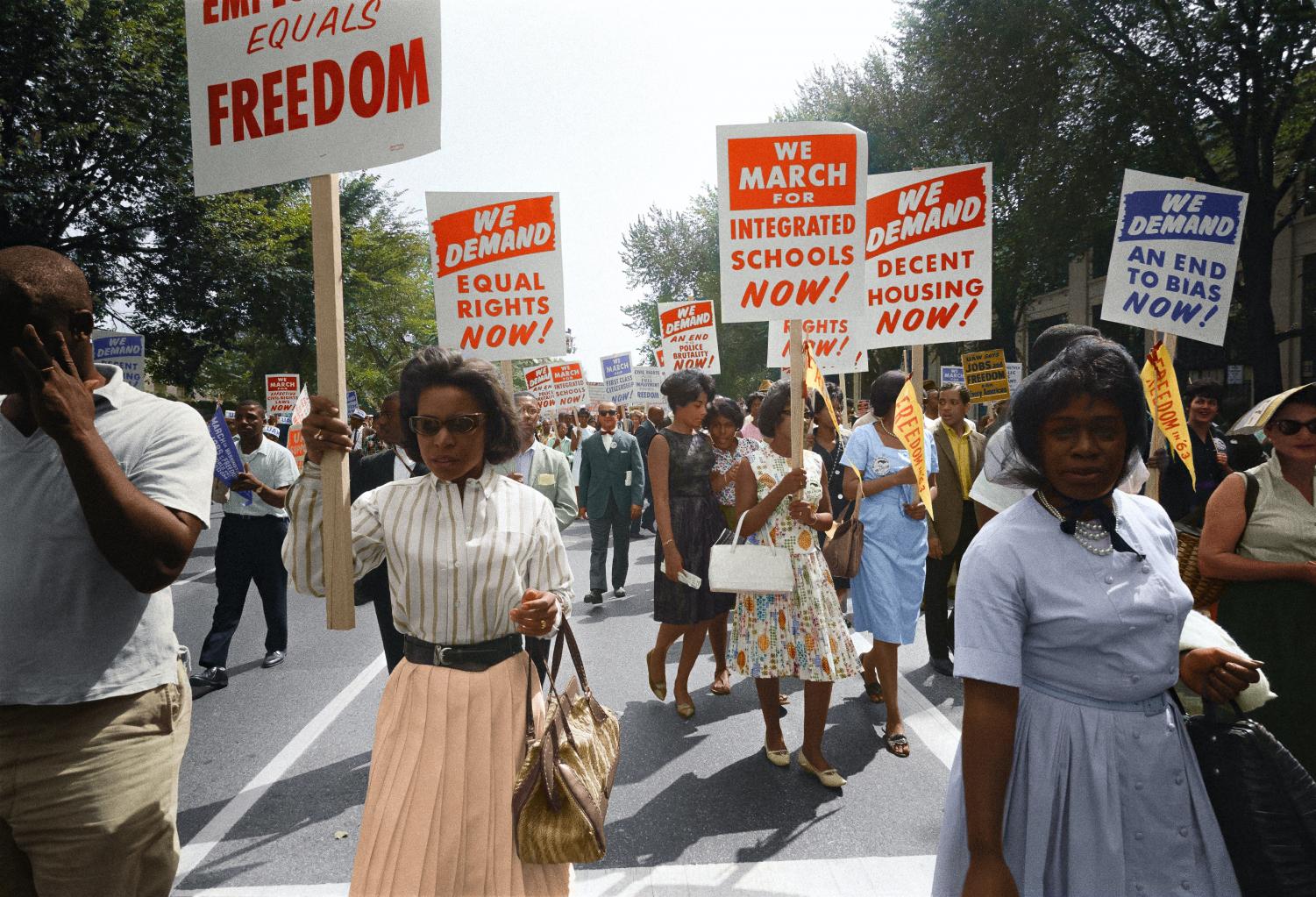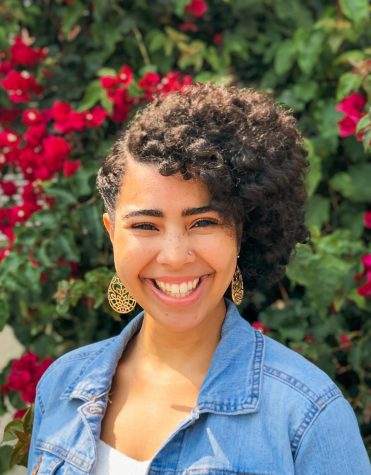Black History Month first began as Negro History Week in 1926, when Carter G. Woodson desired to bring the birthdays of Abraham Lincoln and Frederick Douglass together as a cohesive celebration. It morphed into a wider observance as popularity grew, notably by young Black college students in the 1960s. Now, Black History Month is marked by special curriculums, performances, art and events to remember the history of Black people in America.
This year—amid the coronavirus pandemic, a racial reckoning ignited from protests against police brutality and a new presidential administration—the Black community has a lot to appraise. This has been a year unlike any other, and this month, we should recognize where we’ve been and the stunning victories that have been achieved.
THE CARNAGE OF COVID-19
The pandemic has decimated our communities. It has been common knowledge that Black, Latino and Indigenous people are getting infected by, and dying from, the coronavirus at higher rates than Caucasians. In fact, one in 735 Black Americans has died from COVID-19. But even despite that knowledge now, new analyses have shown that Black people are getting vaccinated at disproportionately low rates.
The reasons for this inequity are multifaceted, according to the Associated Press. Some are due to a “deep mistrust of the medical establishment among Black Americans because of a history of discriminatory treatment,” or lack of access to adequate healthcare. Regardless of the reasons, efforts should have been made earlier on to make sure those most severely impacted by the pandemic were first in line to receive the vaccine. In this circumstance, unequal issues require equitable solutions.
This Black History Month, we should remember the tragic loss of Black lives during the pandemic and work tirelessly to build a more equitable healthcare system.
RACIAL RECKONING
Racial battle fatigue is too real for many members of the Black community right now, who have been fighting two “pandemics” at once: systemic racism and COVID-19. It only took the whole world chanting “Black Lives Matter” before confederate statues were torn down and Aunt Jemima and Uncle Ben’s brands changed names. But the deeper effects of racism are still present today, partially evidenced by the pandemic death tolls.
Some have referred to the current movement for racial justice as “the Civil Rights Movement 2.0,” due to the sheer magnitude of the reckoning. A few battles may have been won, but the war still rages on. This month’s emphasis on educating ourselves on African American history is the first step toward sustainable change.
VOTER TURNOUT IN 2020
Our nation elected its first Black woman into the White House, and that in of itself is worth rejoicing over. But Vice President Kamala Harris stands on the shoulders of Fannie Lou Hamer, Shirley Chisholm, Barack Obama and Black voters across the nation. Record numbers of Black Americans exercised the right to vote that was won through blood, sweat and many, many tears.
BLACK JOY
Black History Month is a time for Black families and communities to come together—virtually, of course—and celebrate the brilliant people who went before and made a way. Our communities have been through deep grief, anger and pain this past year. So now, we remember and honor the strength of the Black community. And we look ahead toward the brighter days of the future.












